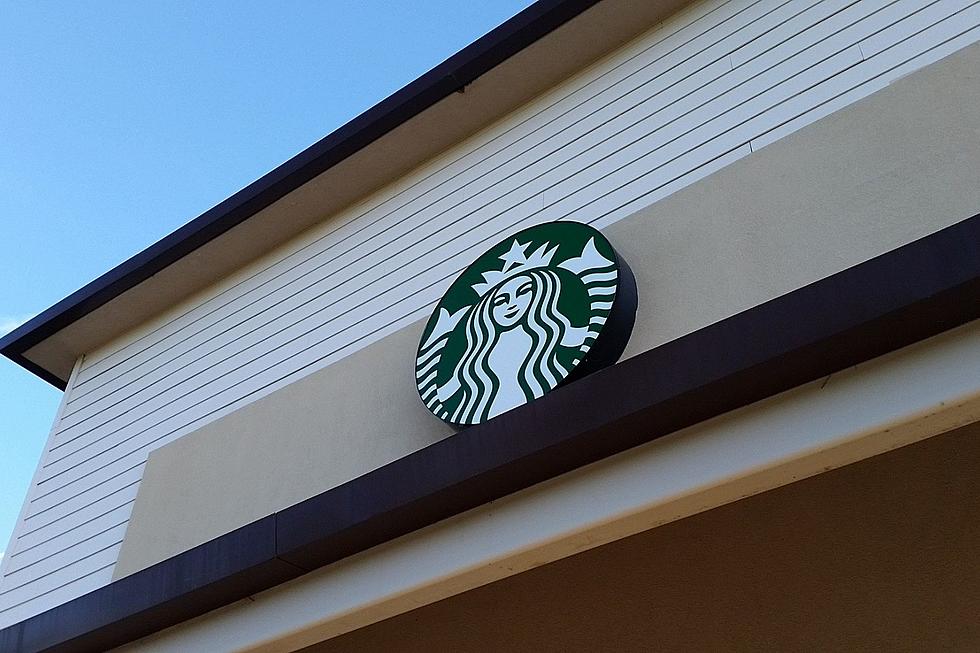
Labor victories at Starbucks in NJ may be sign of more to come
More than two-thirds (68%) of Americans in a recent Gallup poll expressed their support for labor unions, and it just so happens that New Jersey has some of the strongest union participation anywhere in the United States.
The Garden State ranks sixth in union density according to the latest State of Labor in New Jersey report, out of the Labor Education Action Research Network at Rutgers University.
LEARN director Todd Vachon said New Jersey's three-year average participation rate is 16.09%, placing it behind only Hawaii, New York, Washington, Oregon, and Minnesota.

"The national rate is just over 10%, so we've got a good six-point advantage over the national average in terms of unionization," Vachon said.
Because LEARN's report is issued every two to three years rather than annually, the newest edition was able to evaluate the two 12-month periods immediately preceding and following the COVID-19 shutdown of March 2020.
And the report found that in that time, New Jersey's labor participation ticked up 0.66%.
"I think part of that can be attributed to the types of jobs and occupations that were essential, and workers remained employed, were often unionized jobs like police and firefighters and teachers," Vachon said, pointing out declines in employment in professions that were not essential or unionized.
However, he said, some nonessential retail and other industries may have used the past two years to decide to organize for the first time, having faced too many health and safety risks without adequate employee protections.
One interesting trend in New Jersey, according to Vachon, is that the membership numbers of men pulled even with women, to the point where slightly more male workers are unionized now in the state versus a pre-pandemic edge to females.
"The decline in employment disproportionately impacted women and mothers, who predominantly took on the caregiving role when schools were closed, and students were homeschooling and remote learning," Vachon said.
Vachon and fellow researchers say they talk often about the "union wage premium," comparing workers in the same profession based on their union status.
In New Jersey, full-time unionized workers make 10.78% more on average than their non-union counterparts, according to LEARN's report, and for the length of the pandemic to date, reported wages 21% higher overall than those who did not belong to a union.
For the least well-off, the advantage is even more pronounced, according to Vachon. Employees on the younger end of the scale could stand to make 40% more; Black and Latino workers, around 25%.
All this may be why several Starbucks stores in the Garden State, namely Hopewell, Hamilton, and Summit, have voted to unionize, taking their cue from a pair of stores in the Buffalo, New York area that sparked an initial burst of 47 union Starbucks shops in 17 states.
"There's over 200, I think, elections underway or already completed at this point across the U.S., and the three victories so far in New Jersey, and the momentum seems to just keep going," Vachon said.
Patrick Lavery is a reporter and anchor for New Jersey 101.5. You can reach him at patrick.lavery@townsquaremedia.com
Click here to contact an editor about feedback or a correction for this story.
See the Must-Drive Roads in Every State
Voting for the 2022 class of the New Jersey Hall of Fame
LOOK: States With the Most New Small Businesses Per Capita
More From 94.3 The Point










